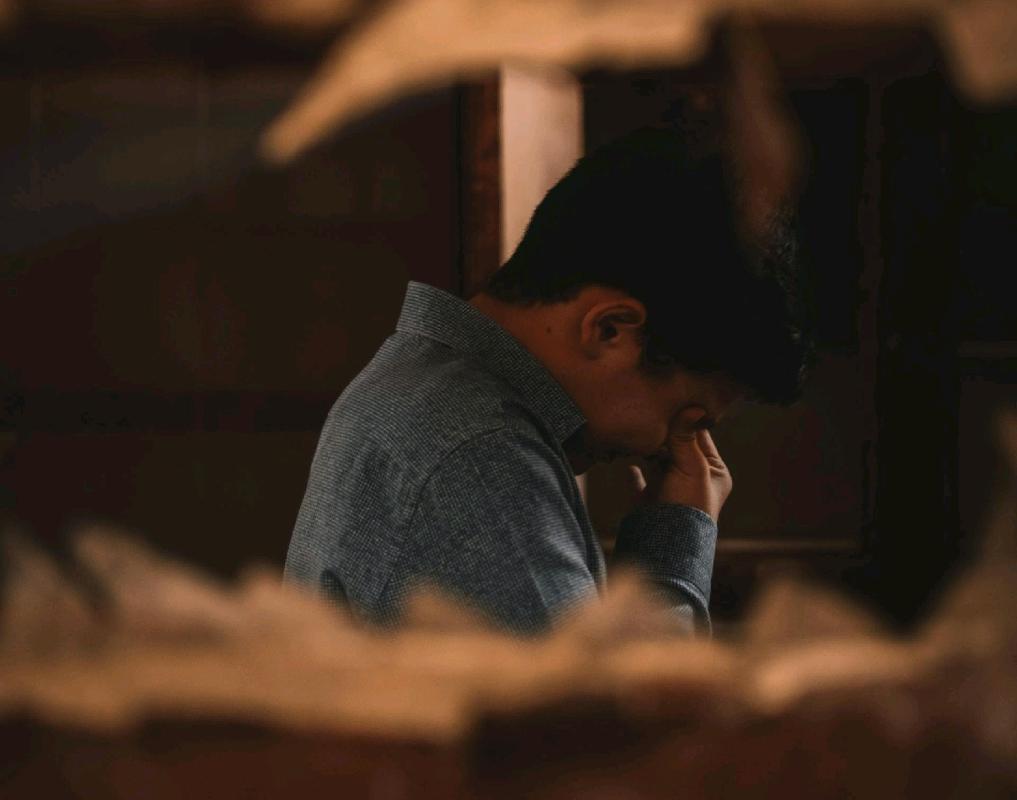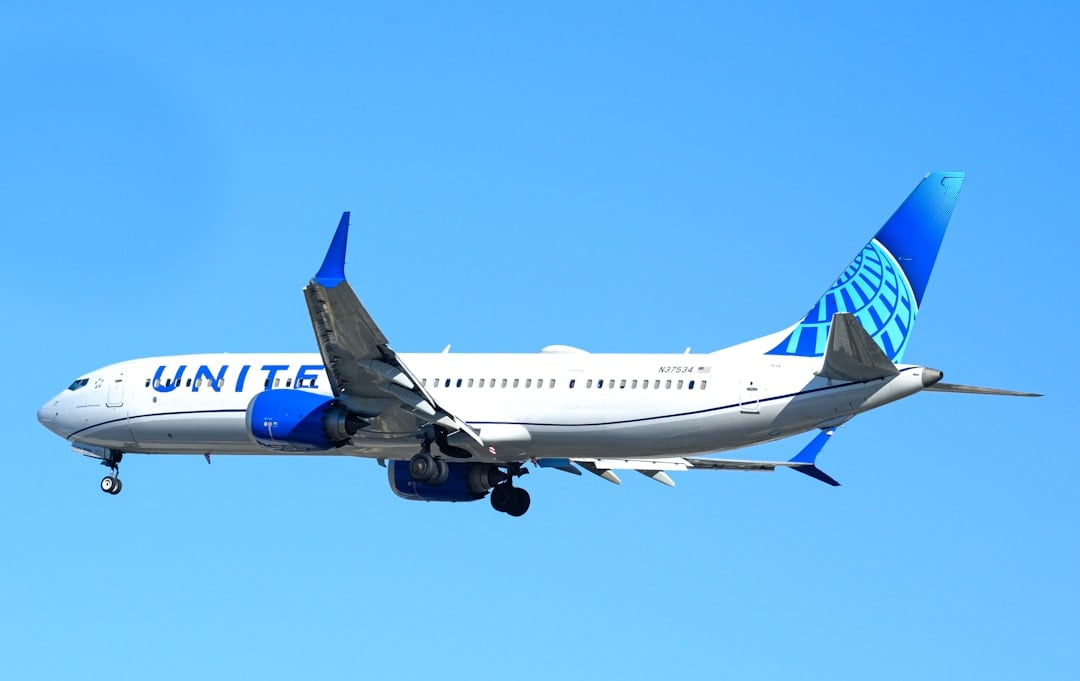Key Takeaways
• F-1 Students need special authorization for any off-campus work, including unpaid internships, even during summer break.
• Curricular Practical Training (CPT), Optional Practical Training (OPT), and severe economic hardship are the only legal off-campus work options.
• Unauthorized off-campus work leads to immediate F-1 status loss, possible deportation, and bars on future U.S. visas.
Every year, thousands of international students enter the United States 🇺🇸 on F-1 visas to pursue higher education. These F-1 Students bring diverse perspectives and often want to gain work experience while studying. However, the rules about working, especially during summer break, can be confusing and strict. Mistakes can put a student’s F-1 status at risk, leading to serious consequences. This detailed FAQ explains the most important rules, helps clear up misunderstandings, and gives F-1 Students the information they need about off-campus work, Curricular Practical Training (CPT), and Optional Practical Training (OPT).

Most Popular Questions
1. Can F-1 Students work off-campus during summer break without special permission?
No. F-1 Students must get special permission before taking any off-campus job during summer break. This rule covers all work outside the school — paid or unpaid, internships, or volunteer positions that are usually paid. Without the right permission, working off-campus can break immigration rules and cause big problems for your visa.
2. What happens if I work off-campus without authorization as an F-1 Student?
If you work off-campus without being allowed, this is a serious rule break. The consequences can include:
– Losing your F-1 status (meaning your student visa is no longer valid)
– Being asked to leave the United States 🇺🇸 (deportation)
– Problems getting a visa or entering the United States 🇺🇸 in the future
3. What are the three main ways F-1 Students can get permission to work off-campus?
There are three main legal paths:
– Curricular Practical Training (CPT): Work that is a formal part of your studies and directly connected to your major.
– Optional Practical Training (OPT): A period of work experience in your field, usually after completing your first academic year.
– Severe Economic Hardship: If you face unexpected money problems, the government might give you permission to work off-campus after you apply.
F-1 Student Work Rules Explained
F-1 Students’ right to work in the United States 🇺🇸 depends on strict rules set by the Department of Homeland Security. The most important rule is: you cannot work off-campus without special permission. Even if you are only volunteering, if someone would usually get paid for the same work, that counts as a job for visa rules.
Let’s look at the different types of jobs, what is allowed, and what is not.
A. On-Campus Work
- F-1 Students can work “on-campus,” meaning at their university or a place directly connected to their university.
- During regular school terms, you can work up to 20 hours per week.
- During summer break, you may work full-time on-campus if you’re not taking classes.
B. Off-Campus Work
- Any job not directly for or at your school counts as “off-campus.”
- You cannot work off-campus just because it’s summer break.
- You need special permission, even if you are not getting paid.
Details About Approved Types of Off-Campus Work
1. Curricular Practical Training (CPT)
- CPT lets F-1 Students work off-campus in a job that is a required or important part of their school program.
- The work must be related to your field of study — for example, a computer science student doing a software internship.
- Your Designated School Official (DSO) is the person who can give approval for CPT.
- Before starting CPT:
- Your school must say the work is part of your curriculum (the program you’re studying).
- You must get official approval from your DSO before working.
- CPT is not available at every school or for every major, so check with your school’s international office.
- CPT can be part-time (up to 20 hours per week) during school terms and full-time during summer if eligible.
- Important: If you do a lot of full-time CPT (12 months or more), you may lose the chance to do Optional Practical Training (OPT) later.
2. Optional Practical Training (OPT)
- OPT lets F-1 Students work up to 12 months in a job that is related to their major, usually after graduation.
- You must have studied for at least one full academic year before applying for OPT.
- Applying for OPT takes time. You need to:
- File “Form I-765, Application for Employment Authorization” with U.S. Citizenship and Immigration Services (USCIS). The official form is available here.
- Wait for approval and get an Employment Authorization Document (EAD) before starting work.
- OPT is for job experience that matches your main subject, not just any job.
- STEM (Science, Technology, Engineering, and Math) graduates can ask for a 24-month extension of OPT if they meet the rules.
- For more on OPT, check this official information.
3. Severe Economic Hardship
- If you face sudden money problems due to things like job loss, currency changes, or major unexpected costs, you may apply for special off-campus work permission.
- You must first have been in F-1 status for one year and show that you’ve done your best with on-campus work and that the hardship is serious and could not be planned.
- Approval comes from USCIS, not just your school.
Common Myths and Mistakes
Myth: I can work off-campus during the summer if I am not in classes.
- Fact: Summer break does not mean “open season” for off-campus work. The same strict rules apply year-round. You must always have the proper permission.
Myth: Unpaid internships or volunteering don’t count as “work.”
- Fact: If the role would usually be paid, U.S. immigration will count it as work — even if unpaid.
Myth: My DSO can approve any work I want.
- Fact: Your DSO can only approve CPT and advise on OPT and hardship cases. They cannot grant blanket permission for all work off campus.
What Happens if You Break the Rules?
The consequences for working off-campus without permission are severe. According to the rules from U.S. Immigration and Customs Enforcement, students caught working illegally can:
- Lose their F-1 status immediately.
- Be detained and even removed from the United States 🇺🇸.
- Face trouble getting any U.S. visa in the future.
It does not matter if the work was short-term or unpaid. Once found, breaking the rules puts your entire education and future opportunities at risk.
Recommendations for F-1 Students Thinking About Work
- Always Talk to Your DSO First
- Your DSO is the trained official at your school who understands these rules. Speak to them before you accept or start any job, internship, or volunteer work related to your studies.
- They can help you check if a job offer qualifies as Curricular Practical Training or Optional Practical Training, or if your problem might count as severe economic hardship.
- Stick to the Approval Process
- Never start any off-campus work until you have your approval (CPT or OPT) in writing.
- For OPT, wait until you receive your EAD card.
- For CPT, don’t start until your DSO updates your SEVIS record and gives written permission.
- For hardship cases, don’t start until USCIS sends you written approval.
- Ask Questions
- Immigration rules can change. If you are unsure about any job, role, or internship, ask your DSO or check official sources like the U.S. Immigration and Customs Enforcement SEVIS Employment Page.
Examples of Allowed and Prohibited Jobs
Example 1: Interning as Part of Your Study
– You are a business major and your school requires an internship for graduation. With CPT approval from your DSO, you can take the internship, but only after the paperwork is done.
Example 2: Taking a Summer Job at a Local Store
– This is not allowed unless you have one of the official authorizations (CPT, OPT, or hardship) and all permissions completed. Simply being on summer break does not allow you to accept this kind of job.
Example 3: Unpaid Volunteer at a Nonprofit
– If the work is usually unpaid (for example, helping at a local food bank), you may be allowed to volunteer. But if someone would normally be paid for the role, you need proper approval — unpaid status does not protect you from immigration rules.
How Do I Apply for CPT and OPT?
For CPT:
– Contact your DSO and discuss your program and job offer.
– Follow your school’s CPT application process. Your DSO will update your SEVIS record if approved.
– Do not start the job until your SEVIS record shows the CPT approval.
For OPT:
– Request OPT recommendation from your DSO.
– Receive an updated I-20 form (your Certificate of Eligibility for Student Status) showing the OPT request.
– File Form I-765 with USCIS. Wait for the official Employment Authorization Document (EAD) before working.
Why Is Following These Rules So Important?
The F-1 visa system is strict because it is supposed to protect the student pathway and ensure those on student visas are truly focused on their studies. By sticking to the guidance on Curricular Practical Training, Optional Practical Training, and legal work options, you protect your F-1 status and future options.
VisaVerge.com’s investigation reveals that the majority of F-1 Students lose their visa status due to misunderstandings about work rules — often believing a short-term or unpaid role is fine without approval. But “I did not know” is not a defense, and students still face removal from the United States 🇺🇸 or a permanent visa bar.
Quick Checklist for F-1 Students Considering Work
- Are you planning to work on-campus? If yes, check the hour limits and rules for summer break.
- Is your job off-campus? You must have either CPT, OPT, or hardship approval — never work first and file later.
- Is your internship part of your degree? Use CPT (through your DSO).
- Have you finished your first academic year? Only then can you apply for OPT or hardship work.
- Still unsure? Ask your DSO or check the official Study in the States website.
Summary and Next Steps
In summary:
– F-1 Students must never work off-campus during summer (or any time) without proper authorization.
– Allowed types of off-campus work are Curricular Practical Training, Optional Practical Training, and work approval for severe economic hardship — each with its own rules and process.
– Working without permission can destroy your visa status and future plans in the United States 🇺🇸.
– Always start with your DSO for any questions about jobs, internships, or training.
For more details, official guidelines, and updates, always read information directly from the U.S. Immigration and Customs Enforcement SEVIS Employment Page.
Remember, your F-1 status is your ticket to studies — treat it with care, and you can enjoy all the benefits of being an international student in the United States 🇺🇸. If you are ever unsure, ask for help before you act.
Learn Today
F-1 Visa → A U.S. student visa for full-time academic studies, with strict rules on employment and authorized work activities.
Designated School Official (DSO) → A campus official authorized to advise and process immigration paperwork for international F-1 students.
Curricular Practical Training (CPT) → A work authorization allowing F-1 students to gain off-campus experience if directly related to their degree program.
Optional Practical Training (OPT) → A temporary employment option for F-1 students in their field of study, typically available after one academic year.
Employment Authorization Document (EAD) → A government-issued card required for F-1 students to begin authorized employment under OPT or severe economic hardship.
This Article in a Nutshell
F-1 Students face strict rules when working off-campus in the U.S. Special authorization, such as CPT or OPT, is always required—even for unpaid activities. Without official permission, students risk losing their status and facing deportation. Always consult your DSO before starting any job, and never assume summer break changes the rules.
— By VisaVerge.com
Read more:
• Canadian employers risk penalties for hiring without valid work authorization
• CHNV travel authorization validity details released by Homeland Security
• How to Fill I-9 Work Authorization Date Without Your OPT EAD Yet
• Renewing Your Employment Authorization Document While I-130 Is Pending
• Kenya Replaces Visa on Arrival with Electronic Travel Authorization








